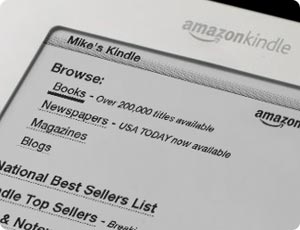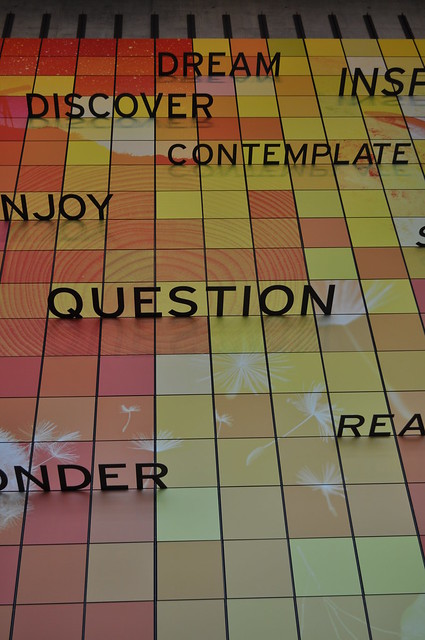I am more curious about what makes people want to click my 'follow' button, so I enjoy the observation mode more than the pursuit, but you can learn from both.
For my personal research, I have two Twitter accounts. One is focused on writing and publishing connections. I have used that account to see if I can drive the follower count with various tactics that do not require purchasing followers or purchasing advertising. The answer is yes. It works best when you work in conjunction with a second party. I'll probably teach a class on this, so I won't release all my conclusions. The short path is to find someone with an average follower count (not a celebrity), follow the people they most interact with and create conversations.
The second account began as a way to test how the work environment could take advantage of Twitter and watch those interactions develop. That Twitter account grew into a something much bigger. That one is my observation account.
It is time to come clean.
There is one place I apply no science.
It's LinkedIn.
Pre-dive bombing into social media, I had received various emails from people stating, "I'd like to add you to my professional network." That just sounded like the dumbest thing I'd ever heard. Most of the invitations came from people I either did not want further connections with, or they were so far a strewn from my daily business interactions I had no idea what would be gained.
When I finally joined LinkedIN it was more of a surrender to the media. Someone from work helped me understand the statistics portion of LinkedIn and unfortunately (for me), I noticed that they had better stats then I did. My competitive nature kicked in (former salesperson) and I began a pursuit to improve my numbers. As soon as I beat the co-workers stats I found someone else to beat. Once I beat his stats, I was hooked. My circle of trusted professionals leapt past 500,000 and closed in on a million.
Be still my ego.
As I watched the ticker rachet up I wondered how many people in my master database are actually on LinkedIn. In an attempt to find I out, I uploaded a vast list into the system. Instead of being able to review who's in the LinkedIn database, I was directed another direction. I hit the button that sent a behemoth pile of LinkedIN invitations out.
I hopped and jittered all over the keyboard attempting to go back, to log-out, to somehow undo what I had done: intiated a bagillion annoying LinkedIn invitations to people who barely knew me. Bestselling authors, people at my daughter's school, emergency contacts from the neighborhood, people from boards I serve on, and an ex-employee I would have had to of fired if they hadn't quit all received, "I'd like to add you to my professional network."
That created a personal and public relations nightmare. If too many people click, "I've never heard of her," LinkedIn would determine that I was a spammer and would cut me off. I would lose the option to send invitations to anyone. How to stop this? Perhaps a follow-up email. How do you think you would have reacted to my proposed email?
"I'm sooooo sorry, I didn't mean to send you a LinkedIn invitation, please ignore."
After careful consideration, I decided it would confirm I was an idiot or disclose that I didn't really value their association.
What to do?
I decided to ride it out and accept my fate.
The emails began trickling in, picked up steam and my stats grew. Currently, my group of trusted professionals sits at 5.2 million.
What's new in your social community?
Carol Doane on LinkedIN
Carol Doane on Twitter
Carol Doane on Facebook
















